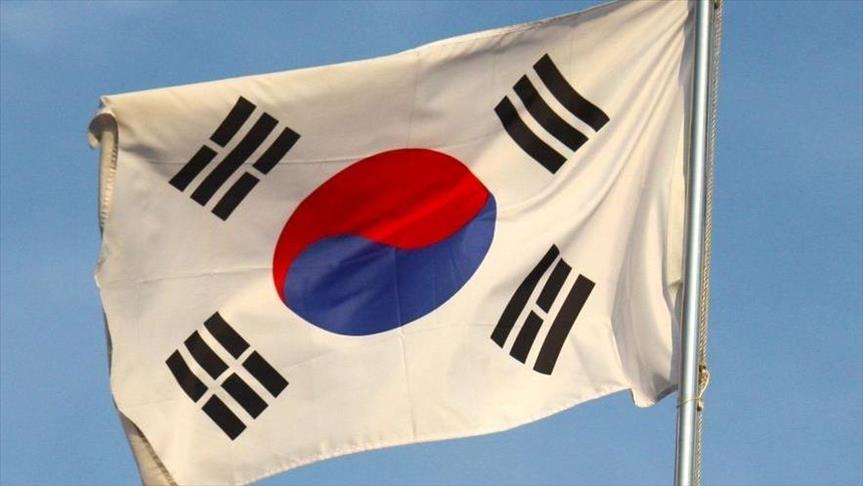SKorea ex-sex slaves want Japan PM to apologize on knees
Victims of Tokyo’s colonial era sexual slavery travel to Japan, while Seoul’s foreign minister reiterates plan to uphold last month’s ‘comfort women’ deal

Seoul-t ukpyolsi
By Alex Jensen
SEOUL
A pair of elderly South Korean women demanded a personal apology from Japanese Prime Minister Shinzo Abe Tuesday, after arriving at Tokyo’s Haneda Airport in wheelchairs – decades after being coerced into sexual slavery by Japan.
Lee Ok-sun and Kang Il-chul were among as many as 200,000 women and girls forced into service at Japanese military brothels during the last century.
Now in their late 80s, Lee and Kang are refusing to accept last month’s 1 billion yen ($8.5 million) reparation deal between Seoul and Tokyo.
Aside from the agreement’s failure to account for victims from other former Japanese colonies, it has been criticized in South Korea for not being legally binding.
Lee and Kang insisted at a press conference that money could not buy their silence, and they reiterated that Seoul and Tokyo negotiated their final settlement without consulting them.
There has also been a sense in the South for some time that Abe and other right-leaning Japanese politicians are in denial about the brutal realities of Tokyo’s imperialist past.
Japan had maintained for years that colonial era issues related to South Korea were resolved under a 1965 bilateral treaty, and Abe’s indirect apology delivered by his foreign minister last month apparently did little to persuade critics that he had undergone a change of heart.
“What is Abe doing?” Kang asked reporters. “[He] should apologize to us on his knees.”
Both women were adamant that a ‘comfort woman’ statue currently positioned outside the Japanese Embassy in Seoul would remain in place, despite reports to the contrary.
Meanwhile, South Korean Foreign Minister Yun Byung-se stood by the December breakthrough, which came after seemingly endless talks with Japan.
“It’s important to build trust by faithfully implementing the agreement,” Yun said in an interview with local news agency Yonhap.








